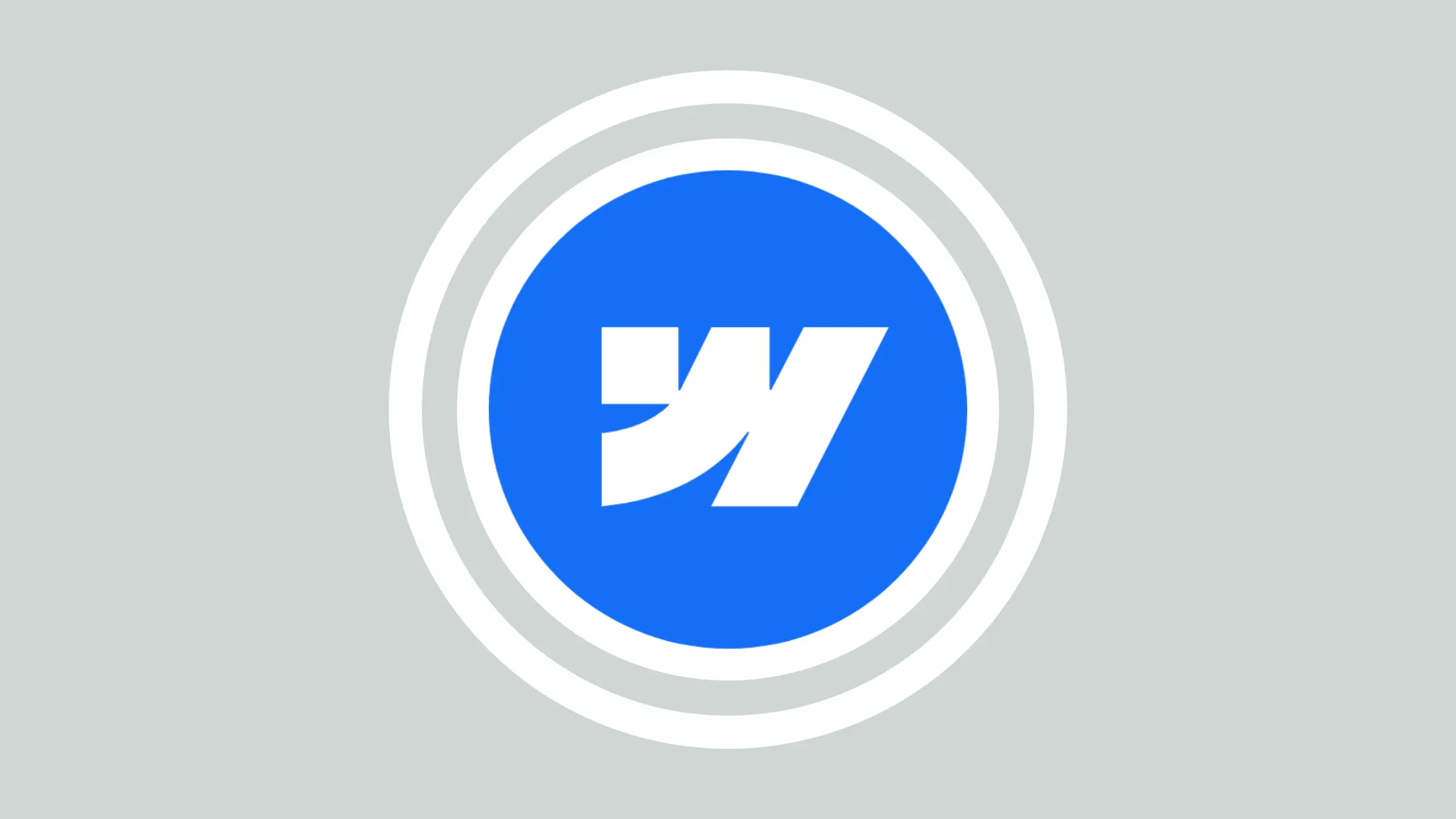I often encounter entrepreneurs who ask themselves this question: “Can I really teach myself web design?” With all the tools and resources available today, the idea of creating a website yourself is a tempting one. I explored this path myself before leading a digital marketing agency and to work with experienced developers. My background has allowed me to better understand the concrete challenges of web design, as well as the most common mistakes that a beginner can fall into.
If, like many, you're considering embarking on this journey on your own, I'm offering you an honest overview of what it involves, with recommendations for structured learning and some practical resources to guide you in your first steps.
Web design: technical and creative skills to master
Before diving into the practical aspects, it is essential to fully understand what is meant by web design. It combines several skills that, together, make it possible to create an aesthetic, functional and optimized site. Here are the key elements:
- Visual design : It's about creating an engaging interface by choosing the right colors, images, and layouts.
- User experience (UX) : The way in which the visitor navigates the site. UX ensures that navigation is intuitive and pleasant.
- Web development : The code that supports the functionalities of the site and ensures that it works without bugs. This includes optimization for performance and for SEO (SEO).
Is it possible to learn web design by yourself?
Frankly, yes, it is possible to learn the basics by yourself, especially with the abundance of online resources today. But it requires time, patience, and a good dose of persistence. Here are the main realities you can expect when following this path.
1. A steep learning curve
When I started getting interested in web design, I quickly realized that the process involved a lot more than I expected. Mastering the basics of HTML And CSS for the structure and style of the site is feasible, but JavaScript, which allows you to add interactivity, requires more practice. For those who don't have a programming background, these steps can be confusing at first.
To get a professional site, it may be necessary to devote several months to it, especially if you have other responsibilities. A basic course in HTML and CSS, like those offered on Codecademy Or OpenClassrooms, can help you lay the groundwork.
2. Varied but dispersed learning resources
Numerous free and paid resources are available on Udemy, YouTube, or FreeCodeCamp. However, it's easy to feel overwhelmed without a structured program. When I started out, I spent some time navigating between multiple platforms myself. I found it useful to follow a consistent path, like those offered on Udemy Or Coursera to progress more quickly.
3. Practice is crucial
In this field, theory alone is not enough. You have to build, try, fail, and start over. At the time when I was learning, creating a concrete project, even a simple one, really allowed me to understand how the basic elements work. If you are just starting out, I recommend trying to create a small personal website. This will give you an insight into how different technologies interact.
The limits of solo learning
Learning web design by yourself is possible, but some steps can be complex without extensive experience. Here are three aspects why a website agency can offer valuable help.
1. Performance and SEO
The success of a site is not only based on its aesthetics. A powerful site, compatible with mobile, and well optimized for the SEO (natural referencing) is more likely to rank well in search engines. However, these technical optimizations are often misunderstood by autodidacts, including me at the beginning, where some of my configurations slowed down my site.
2. Custom design and brand identity
Free templates are often an easy solution, but they sometimes lack the flexibility to represent a unique brand. Personally, I quickly realized that creating a design that perfectly matched a brand identity was difficult with prefabricated templates. A web designer can design a custom site that allows you to better convey the essence of your business.
3. Costly mistakes to correct
It's common to make technical mistakes when starting alone. Some mistakes have cost me time and energy myself, and can sometimes require advanced skills to correct. An agency has the experience to avoid these pitfalls and solve problems effectively.

A guide to learning web design by yourself
If you are ready to get started, here is a learning structure that can help you lay a solid foundation in web design.
1. Start with HTML and CSS
HTML (HyperText Markup Language) and CSS (Cascading Style Sheets) are the two fundamental languages for creating web pages. Free courses on W3Schools are great to start with.
2. Get started with JavaScript
JavaScript is the language that makes a site interactive. To get started, I recommend a structured course like JavaScript Basics on Codecademy, which will help you progress step by step.
3. Use a CMS like Webflow or Shopify
Les Content Management Systems (CMS) like Webflow allow you to create a site without advanced coding, while leaving a certain freedom of customization. Platforms like Shopify can also be useful if your project involves an online store.
4. Learn the basics of responsive design
The design responsive allows you to adapt your site to all screens (computers, tablets, mobiles). Frameworks like Bootstrap can be useful to structure a responsive site more easily.
When should you consider the help of an agency?
After gaining initial experience, it is natural to ask yourself the question of professional help. For my part, I have found that many entrepreneurs, even after doing a great basic job, end up running out of time to manage all the technical aspects or to achieve the quality they want.
If you are considering an e-commerce site or a more complex site, use a website agency may be beneficial. Working with experts allows you to benefit from a professional site, optimized for performance, SEO and users.
Conclusion
Learning web design yourself is possible and rewarding for those who like to explore the field of development. However, this requires time and a lot of patience. If you're ready to put in the effort, start with the basics and work your way up at your own pace. But for larger projects, or if your objective is a professional and efficient site, using an agency remains an effective and profitable option.
Takeaway: Learning about web design can be a rewarding journey, but hiring an agency can help avoid technical pitfalls and ensure a professional result.








